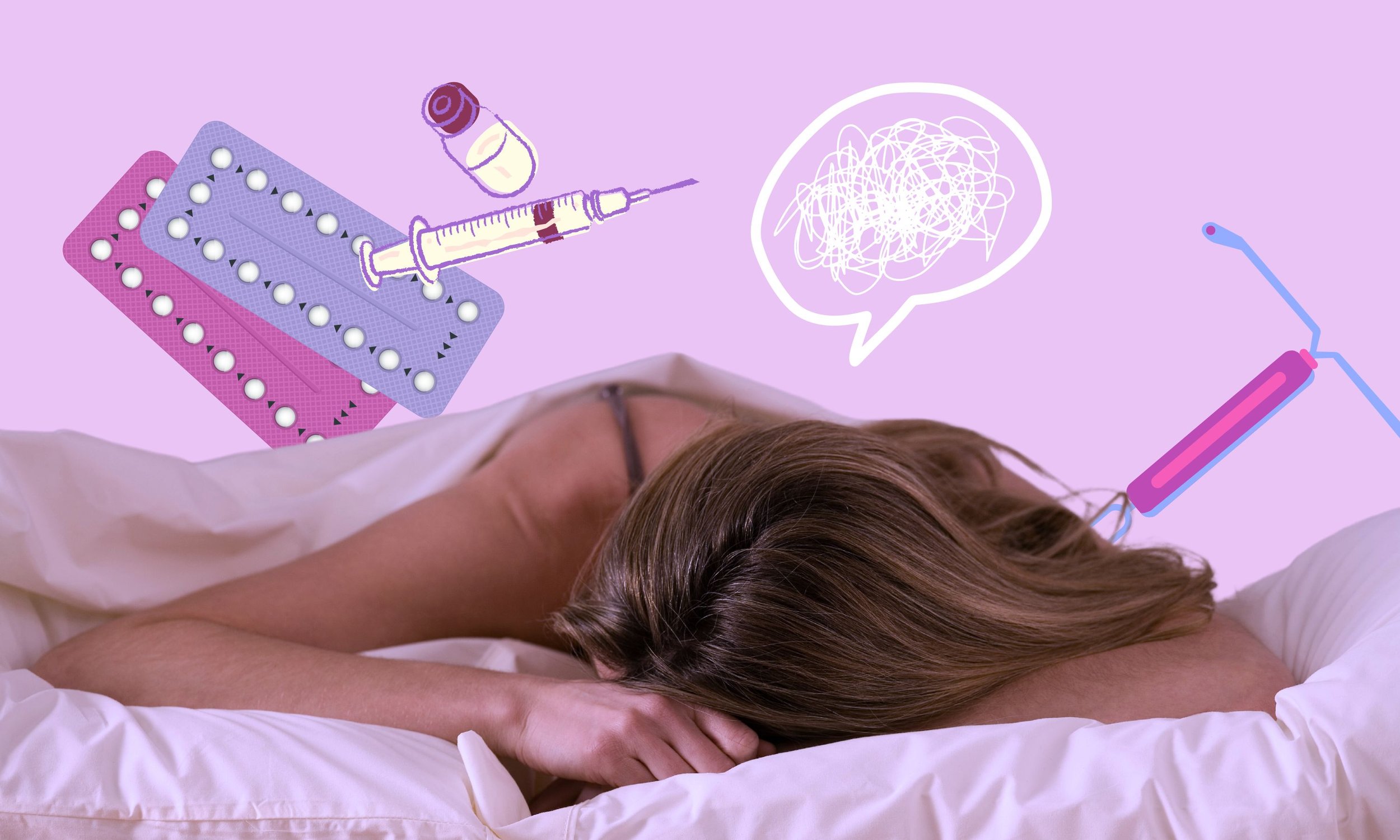Can Birth Control Make You Tired? Read What Experts Have to Say
It’s usual that hormonal birth control users express the feeling of tiredness, don’t panic. In this blog, we’ll explore the causes that may be contributing to this and find an answer to the question: “Can Birth Control Make You Tired?”
Birth Control and Fatigue
Research findings regarding the impact of hormonal contraceptives on sleep and fatigue are somewhat conflicting.
In a 2020 study, individuals using hormonal contraceptives reported experiencing poorer sleep quality and more sleep-related issues, such as insomnia and daytime drowsiness, compared to non-users. Progestin-only contraceptives seemed to exacerbate sleep disturbances more than combined hormonal birth control.
Interestingly, the study's authors highlighted that these findings contradict existing evidence suggesting that female sex hormones, particularly progesterone, possess sleep-inducing properties. They proposed that the timing of contraceptive intake might influence sleep patterns, theorizing that taking the pill in the morning could lead to daytime fatigue, while nighttime administration might facilitate better sleep. However, they acknowledged the speculative nature of this hypothesis, emphasizing the need for further research to validate it.
Conversely, another study discovered that hormonal birth control correlated with enhanced sleep efficiency and reduced the severity of sleep apnea, a disorder characterized by breathing difficulties during sleep.
While organizations like Planned Parenthood and the U.S. Food and Drug Administration (FDA) typically exclude fatigue from their lists of common hormonal contraceptive side effects, the FDA does acknowledge tiredness as a potential consequence of emergency contraception, also known as the "morning after pill."
Hormonal Birth Control Types
Have in mind that any of the following contraceptive options may be causing tiredness:
Birth control implant
Hormonal intrauterine devices (IUD)
Birth control shot/injection
Combined oral contraceptives (estrogen and progestin)
Progestin-only pills
Skin patch
Vaginal ring
Common Side Effects of Birth Control
The most common side effects include: experiencing bleeding or spotting between periods (this is more common with progestin-only pills), breast tenderness, nausea, or headaches. However, not everyone who takes pills experiences them, and when they do occur, they usually disappear after 2 or 3 months.
How to Combat Fatigue From Birth Control
The main way to combat fatigue from birth control is to get enough sleep, stay hydrated and eat healthy. Keep in mind that the tiredness effect may go away with time as your body gets used to the dosage.
If this doesn’t happen, you may want to try another pill brand or switch to a non-hormonal birth control option, such as a diaphragm, cervical cap, copper IUD, or condoms. Before switching, please contact your doctor as they will know what’s best for you.

